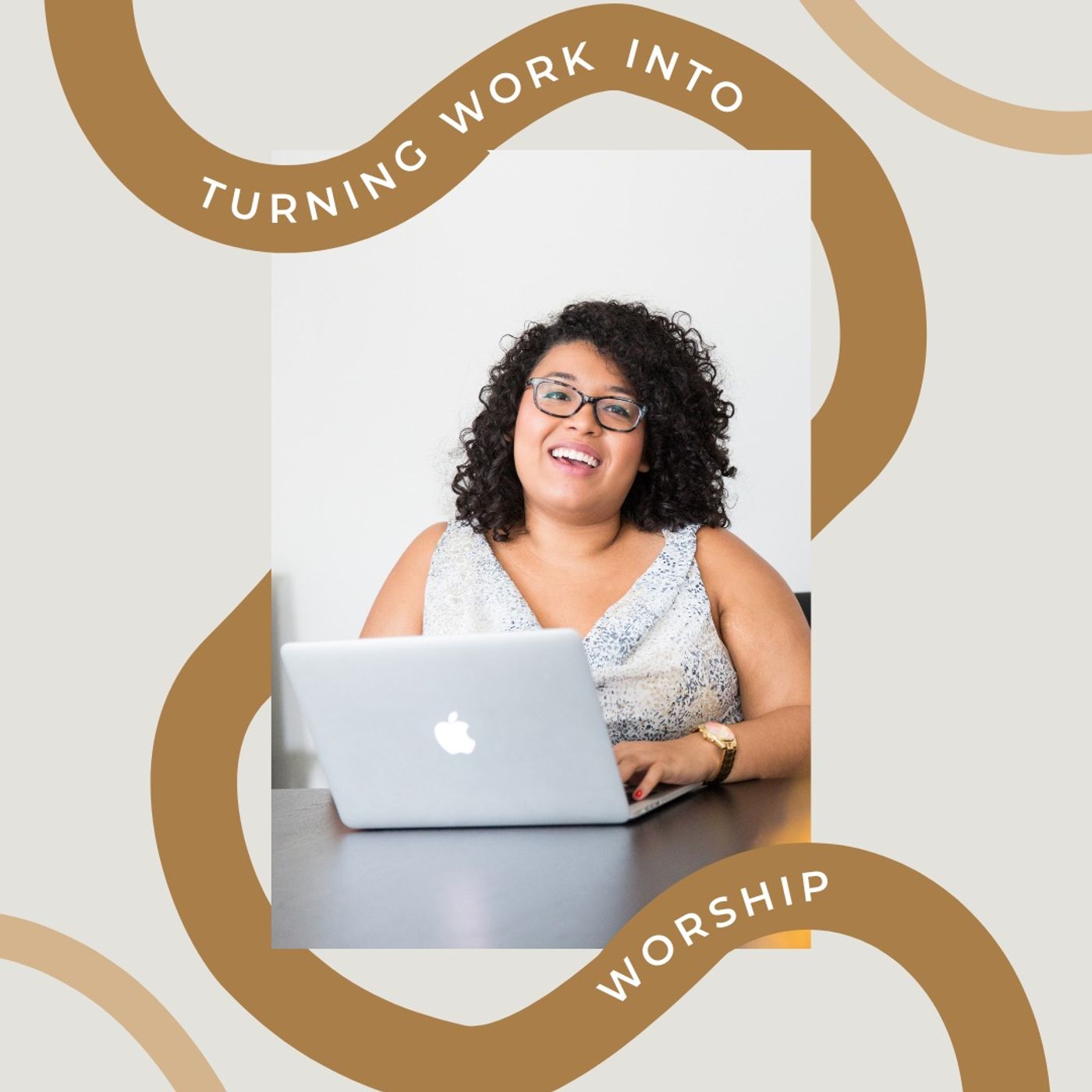6 Steps When A Loved One Passes
Faith & Finance with Rob West
Losing a loved one is a time of profound grief and confusion, and the practical tasks that follow can feel overwhelming. Settling a loved one’s estate requires careful attention and preparation. Let’s walk through six financial steps to take during this challenging time, all underpinned by prayer and reliance on God’s guidance.

Show Notes
Losing a loved one is a time of profound grief and confusion, and the practical tasks that follow can feel overwhelming. Settling a loved one’s estate requires careful attention and preparation. Let’s walk through six financial steps to take during this challenging time, all underpinned by prayer and reliance on God’s guidance.
Begin with Prayer
Before addressing financial matters, take time to pray. Invite God into your decisions and ask for wisdom. James 1:5 reminds us, “If any of you lacks wisdom, let him ask God, who gives generously to all without reproach, and it will be given him.”Prayer offers clarity and comfort, helping you approach the estate settlement process with confidence and peace, knowing the Holy Spirit is interceding on your behalf (Romans 8:26).
Step 1: Obtain the Death Certificate
The death certificate is a critical legal document you’ll need to settle your loved one’s affairs. It’s usually prepared by the medical examiner and provided through the funeral home.
You’ll need multiple copies for various purposes, such as notifying financial institutions, filing taxes, and starting probate. If you don’t receive the death certificate within a few weeks, contact the funeral home or your local vital records office.
Step 2: Begin the Probate Process
Take the death certificate and the will to your county probate office to file a petition to begin probate. As the executor, you can then carry out the deceased’s wishes.
If there’s no will, the process becomes more complex. You’ll still petition the court to begin probate and may request to be named administrator of the estate. However, the court will decide how the estate is distributed according to state law. For guidance, consider consulting a Certified Kingdom Advisor (CKA). Visit FaithFi.com and click to find a trusted advisor.You Might Also Like

January 16, 2026
Delighting in God’s Provision
Sometimes we make conscious mistakes with our money, sometimes they’re unintentional. Either way they can be hazardous t...

January 16, 2026
Who Needs a Budget? with Chad Clark
“Precious treasure and oil are in a wise man’s dwelling, but a foolish man devours it.” - Proverbs 21:20 Scripture hig...

January 15, 2026
Turning Work Into Worship
Work doesn’t always feel meaningful. Some days it’s routine, exhausting, or unnoticed. But Rob West reminds us that Scri...